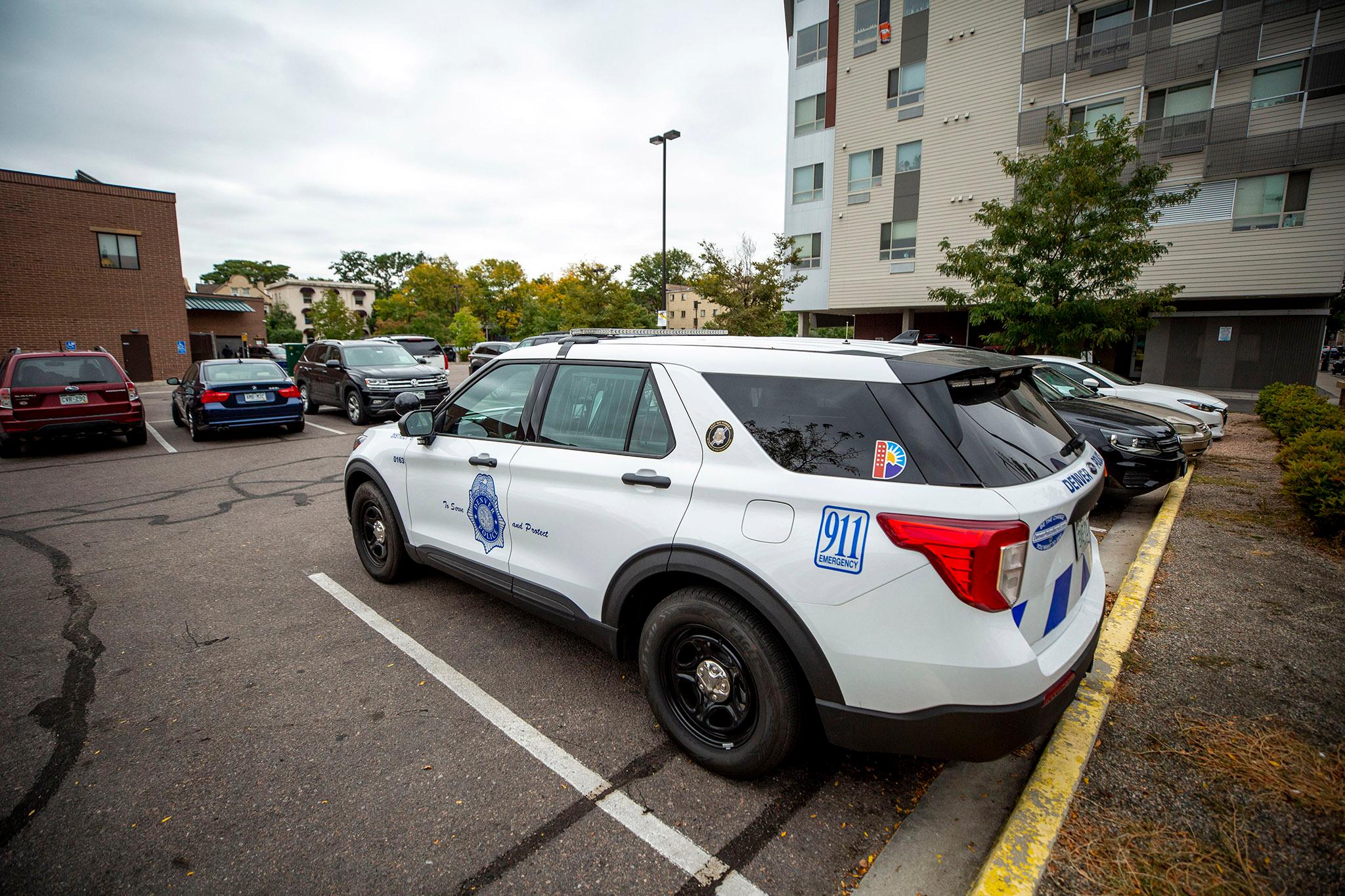Despite comments from the public opposing it, the Denver City Council voted 10-1 on Monday to issue a new $4.7 million contract with a ShotSpotter, a controversial system that pinpoints gunfire used by Denver police.
The vote came after a courtesy public hearing on the proposed $4.7 million ShotSpotter contract for Denver police. The gunfire detection system locates where gunfire took place within 25 meters and can alert cops on their cell or patrol car computers within 60 seconds. It can tell police how many shots were fired and when they were fired.
But an investigation from the Associated Press last year found the program had some flaws, including overlooking live gunshots directly underneath its sensors, and was set off by stuff like fireworks or cars backfiring.
Councilmember Candi CdeBaca was the only lawmaker to vote no. She questioned the system's efficiency and said she would like to see more information on whether ShotSpotter or 911 calls are more effective in alerting cops about shootings.
When asking his colleagues to support the contract, Councilmember Kevin Flynn said ShotSpotter is a tool that can be useful in prosecutions and keep communities safer by helping identify shots.
Denver Police Division Chief Ron Thomas told lawmakers on Monday the system is located in five so-called crime hot spots.
While Thomas did not give specific locations, he did mention general areas and neighborhoods where the sensors are located: Downtown, in Montbello and in East Colfax, with portions in east and west Denver. Most of these spots fall in areas with high populations of people of color, as well as higher crime and poverty rates. He said the sensors are there due to persistent gunfire.
A majority of the 24 people who signed up for the 30-minute public hearing opposed the new contract.
"Denver does not need to ramp up policing in neighborhoods that are already over-policed," said Kimberly Morse, a local resident who opposed the contract and who volunteered on the Task Force to Reimagine Policing and Public Safety (though she noted she was not speaking on the task force's behalf).
Both supporters and opponents of the bill mentioned last week's shooting spree in Denver and Lakewood that left five people dead. Thomas confirmed ShotSpotter alerted shots on Williams Street near Cheesman Park, where Michael Swinyard was fatally shot. But he wasn't sure whether the ShotSpotter alert or the 911 call notified police first.
The system currently only covers about 14 square miles in Denver, or about 9% of the city, though the new contract comes with an option to expand its coverage area. Thomas told lawmakers the system could be expanded by two additional square miles. However, he said the department hasn't determined where and there are no plans to change where the current ShotSpotter systems are placed.
The number of alerts the detection system has identified has risen annually during the past four years, with nearly 4,000 alerts last year, compared to just under 2,000 in 2018, according to Denver police.
The contract approved on Monday will run from January 2022 to December 2026 and replace an existing $4.5 million contract with the city.












